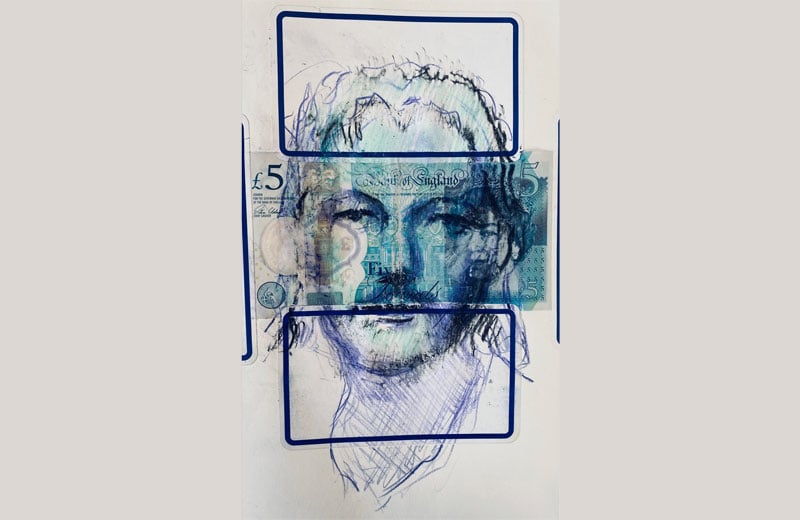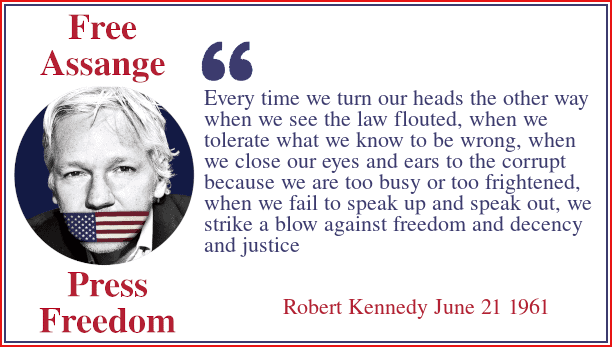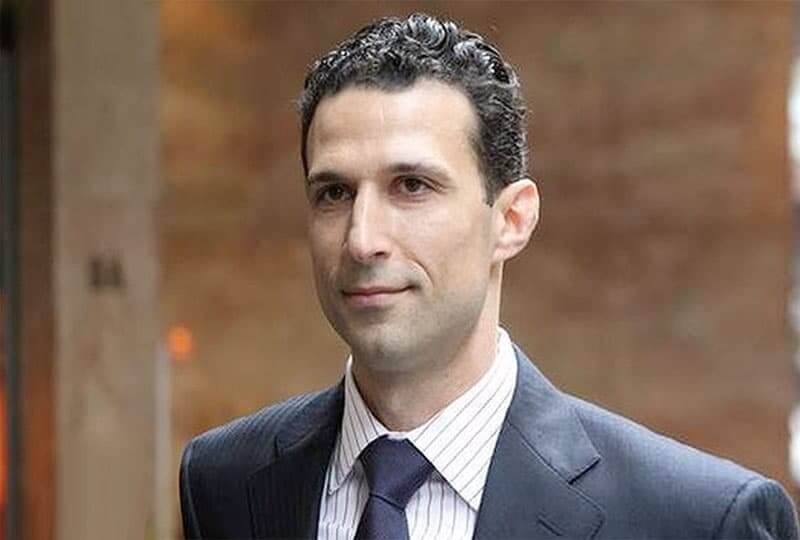Australian contemporary artist Shaun Gladwell has been named a finalist in the prestigious Archibald Prize for his portrait of Julian Assange. The artwork, titled ‘A Spangled Symbolist Portrait of Julian Assange Floating in Reflection,’ serves as a protest against the political persecution, psychological torture, and illegal incarceration of Assange.
Gladwell faced a unique challenge in meeting the Archibald Prize’s requirement of at least one live sitting with the subject, as Assange remains in Belmarsh maximum-security prison in London. “HMP Belmarsh didn’t allow me to bring anything except £25 for the canteen,” Gladwell recounted. “When I was refused a pencil and paper, Julian suggested I sketch him with chocolate on a spare banknote, which I did.”
The sketch, translated from chocolate to wax pencil, depicts Assange’s face in blue and black on a £5 note. This creative adaptation showcases Gladwell’s resilience and commitment to his art despite oppressive circumstances.
“Despite the oppressive surroundings, it was wonderful to see Julian smile. He champions freedom, truth, and peace. Let us now champion the freedom of this incredible human being,” Gladwell stated.
Julian Assange’s brother, Gabriel Shipton, expressed deep appreciation for Gladwell’s work. “It means a lot to us that Shaun [Gladwell] has been able to draw attention to Julian’s ongoing plight through art, which we are hoping will connect strongly with people’s sense of humanity, equity, and hope,” Shipton said.
For those in New South Wales, a visit to the Art Gallery of New South Wales offers the opportunity to view Gladwell’s portrait and vote for it in the People’s Choice award.

Prison sketch of Julian Assange in triumph over UK, by Shaun Gladwell
Julian Assange’s Legal Battle
Julian Assange, the founder of WikiLeaks, has faced significant legal battles and persecution, largely driven by the US security services. His predicament began in 2010 when WikiLeaks published a series of leaks provided by whistleblower Chelsea Manning, including classified military and diplomatic documents. These publications exposed serious misconduct and sparked global controversy, leading to a concerted effort by US authorities to prosecute Assange.
In 2012, facing extradition to Sweden over allegations of sexual misconduct, which he denied and feared would lead to his eventual extradition to the US, Assange sought asylum in the Ecuadorian Embassy in London. He remained there for nearly seven years, a move that prevented his extradition but also kept him in confinement.
In April 2019, Ecuador revoked his asylum, leading to his arrest by British authorities. He was subsequently held in Belmarsh maximum-security prison. The US Department of Justice has charged Assange with multiple counts under the Espionage Act, alleging that his actions endangered US national security. These charges have been widely criticized by human rights organizations, journalists, and free speech advocates who argue that prosecuting Assange sets a dangerous precedent for press freedom.
Assange has fought extradition to the US on the grounds that he would not receive a fair trial and could face inhumane treatment. His legal team has highlighted the severe conditions of US prisons and the potential for a lengthy, harsh sentence as reasons to oppose extradition. In January 2021, a UK court ruled against his extradition, citing concerns about his mental health and the risk of suicide if he were to be held under the harsh conditions of the US prison system. However, the US government continues to appeal this decision, leaving Assange’s fate uncertain.
The ongoing legal struggle has taken a significant toll on Assange’s health and well-being. Supporters around the world continue to advocate for his release, arguing that his prosecution represents a broader attack on journalistic freedom and whistleblower protections. The case remains a focal point in the global debate over the balance between national security and the public’s right to know.
Although there have been recent calls for Asange’s release from Australian and UK politicians, there has been little effort by either the UK or Australia.

Free Assange, quote by Robert Kennedy
Shaun Gladwell
Shaun Gladwell is an acclaimed Australian contemporary artist known for his innovative and thought-provoking works. Born in 1972 in Sydney, Gladwell studied at the Sydney College of the Arts and later at the College of Fine Arts, University of New South Wales. His artistic practice spans various media, including painting, video, sculpture, and performance art.
Gladwell first gained international recognition with his video work “Storm Sequence” (2000), which features the artist skateboarding in slow motion against a stormy Sydney backdrop. This piece set the tone for his future works, which often explore themes of urban culture, movement, and the body in relation to the environment.
His work frequently addresses social and political issues, blending personal expression with broader cultural commentary. Gladwell’s art is known for its immersive quality, often inviting viewers to engage with complex themes on a visceral level. He has exhibited extensively both in Australia and internationally, including at prestigious venues such as the Venice Biennale, the Tate Modern in London, and the Museum of Contemporary Art Australia.
In addition to his solo exhibitions, Gladwell has participated in numerous group shows and collaborative projects. His contributions to contemporary art have been recognized with several awards and residencies, reflecting his significant impact on the art world.
Gladwell’s portrait of Julian Assange for the Archibald Prize continues his tradition of addressing critical contemporary issues through his art. By highlighting Assange’s plight, Gladwell not only showcases his technical skill and creativity but also his commitment to using art as a means of social and political engagement. This work underscores the power of portraiture to capture the essence of its subjects while sparking important conversations about justice, freedom, and human rights.
The Archibald Prize
The Archibald Prize, first awarded in 1921, is one of Australia’s oldest and most prestigious art awards. It is named after J.F. Archibald, the founding editor of The Bulletin magazine, who established the prize to foster portraiture, support artists, and perpetuate the memory of great Australians.
Administered by the Art Gallery of New South Wales, the prize is awarded annually to the best portrait, preferably of a man or woman distinguished in arts, letters, science, or politics, painted by an artist resident in Australasia. The competition draws hundreds of entries each year and garners significant media attention, contributing to the careers of many Australian artists.
In addition to the main prize, the Archibald Prize includes the People’s Choice award, which allows the public to vote for their favorite portrait. This award highlights the public’s engagement with the artworks and provides artists with additional recognition.
Winning or being named a finalist in the Archibald Prize can be a significant milestone in an artist’s career, often leading to increased visibility and opportunities within the art world. The exhibition of finalists’ works is a major cultural event in Australia, attracting thousands of visitors each year.
The Archibald Prize not only celebrates artistic talent but also sparks discussions about contemporary culture, identity, and the role of portraiture in capturing the essence of its subjects. It remains a key event in the Australian art calendar, reflecting the dynamic and evolving nature of portraiture in the country.
Assange Free!
Less than a month later, Julian Assange was released from Belmarsh Prison.



